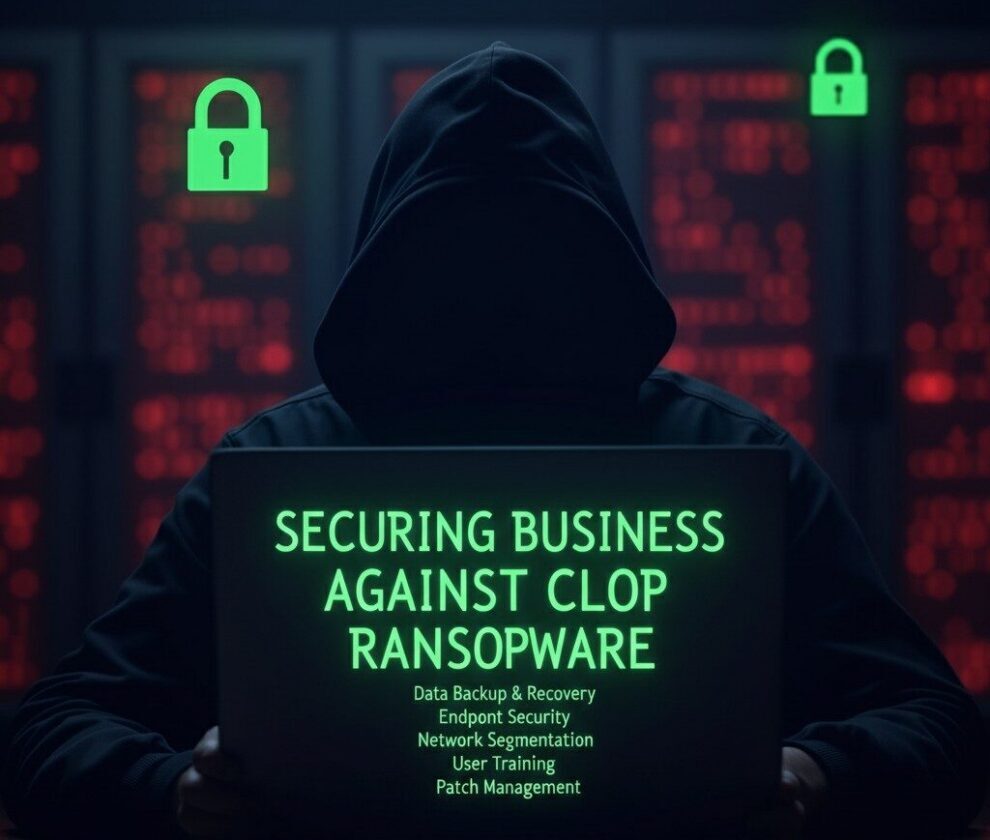The cybersecurity world was recently shaken by a massive breach of SonicWall SSL VPN devices. Impacting over 100 accounts across 16 client organizations, the incident serves as a wake-up call for businesses worldwide. If you’re using SonicWall VPN services, it’s crucial to act now. This article provides insights into what happened, the risks involved, and actionable security steps you can take to defend your organization.
What Happened?
On October 4, 2025, malicious attackers successfully accessed SonicWall VPN appliances through valid user credentials. Reports from Huntress reveal that these attackers bypassed brute-force methods, utilizing pre-obtained credentials instead. Evidence also suggests that the activity originated from the IP address 202.155.8[.]73.
The breach underscores how even seemingly secure systems can become gateways for large-scale cyber intrusions.
The attackers engaged in various kinds of malicious activities, from temporary unauthorized access to more intrusive practices like network scanning and attempting to penetrate local Windows systems.
Potential Consequences
Compromised VPN systems bring significant risks. Key network configurations, including DNS settings, certificates, and user parameters, may be exposed during such breaches. These elements can make it easier for cybercriminals to infiltrate deeper into organizational networks.
Compounding this issue is the backdrop of an earlier reported breach by SonicWall where firewall configuration backup files were exposed. While these two incidents may not be directly connected, they highlight a pressing need for heightened vigilance in network security practices.
Key Security Recommendations
If your business relies on SonicWall VPN services, consider implementing the following measures immediately:
- Reset all credentials: Change passwords for firewalls and other critical systems without delay.
- Restrict WAN access: Limit external access points to your network as much as possible.
- Enable Multi-Factor Authentication (MFA): Additional authentication layers will greatly reduce unauthorized entry risks.
- Revoke and audit API keys: Disable any external API keys connected to your network management systems.
- Monitor active sessions: Conduct regular log reviews to detect potentially harmful activities.
Connections to Ransomware Campaigns
SonicWall devices have recently been targeted by ransomware groups, including the Akira ransomware campaign. Attackers exploited known vulnerabilities such as CVE-2024-40766 to further infiltrate networks. According to Darktrace, their methodologies included privilege escalation and data exfiltration tactics.
Keeping software systems up-to-date remains one of the most effective steps to mitigate risks stemming from such vulnerabilities.
Building a Culture of Cybersecurity Awareness
Beyond technical defenses, creating a culture of cybersecurity within your organization is essential. This involves not only educating employees about strong password practices but also training them to identify unusual behaviors or potential threats.
At Lynx Intel, we believe that robust cybersecurity starts with strategic planning. Continuous training sessions and clearly defined protocols can make a significant difference in defending against evolving cyber threats.
Conclusion
The SonicWall VPN compromise drives home a critical lesson: cyber threats are constantly evolving, and businesses must stay one step ahead. By adopting the recommendations outlined above and fostering a proactive approach, you can significantly reduce the risks associated with such attacks.
At Lynx Intel, we are committed to helping businesses safeguard their critical infrastructure. Contact us today for a thorough cybersecurity audit and tailored solutions to strengthen your defense mechanisms.


